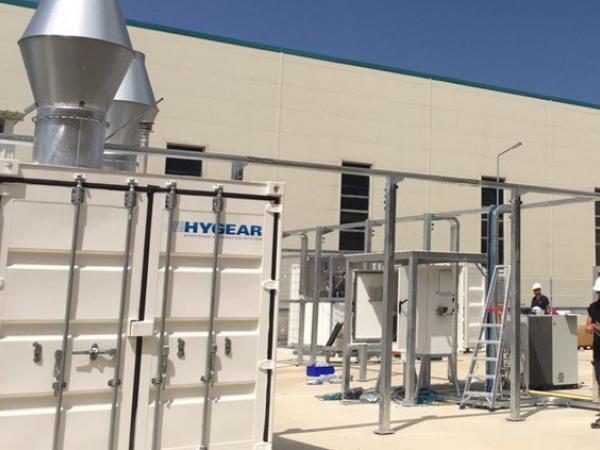
Date: 1 July 2016
GEN product. The Hy.GEN is based on small-scale steam reforming, converting natural gas to hydrogen.
In order to optimise the security of supply and to be able to continue the hydrogen supply during maintenance on the hydrogen system, HyGear also included a back-up storage.
“Together with Düzce Cam, we have designed the most optimal gas supply system for their new production line. We are honoured to be able to provide one of the largest glass producers in Turkey with our hydrogen.
Above all, we are very happy with our good relationship and willing to continue and expand this relationship in the future” says Niels Lanser, Director of Marketing and Sales at HyGear.
HyGear is specialised in on-site gas supply of hydrogen, nitrogen and oxygen. With over 30 years of experience and extensive knowledge in gas processing technology and chemical engineering, we partner with our clients to design and implement the most efficient and cost-effective gas supply solution.
.jpg)
More information about HyGear or the gas supply at Düzce Cam? Contact sales@hygear.nl.
More information about Düzce Cam on http://www.duzcecam.com.tr/
About HyGear
HyGear supplies industrial hydrogen, nitrogen and oxygen gas in small bulk quantities. They are not a conventional gas supplier, but do it different, better and focus on the customers’ needs instead. By combining advanced on-site generation technologies with conventional gas distribution methods, HyGear offers a more cost-effective and reliable gas supply. To reduce costs even further, their Hy.REC technology can be installed to recycle the spent gases from the process.
About Düzce Cam
Düzce Cam Sanayive Ticaret A.Ş. has been producing float glass since 2010.The company’s product portfolio includes mirrors and laminated glass. The production location covers an area of 253.800 square meters and has a capacity of 600 tons glass per day. With the expansion of the new float glass line, the production capacity will increase with 250.000 tons per year and reach an annual total capacity of 440.500 tons.
 600450
600450

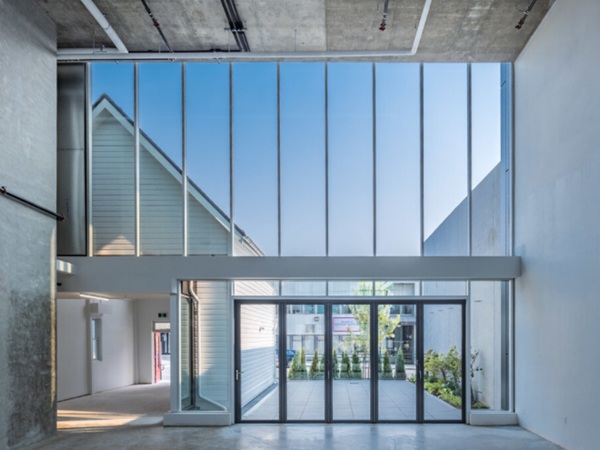
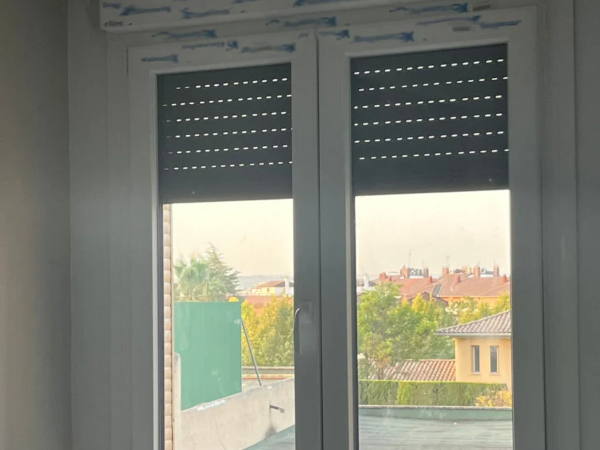
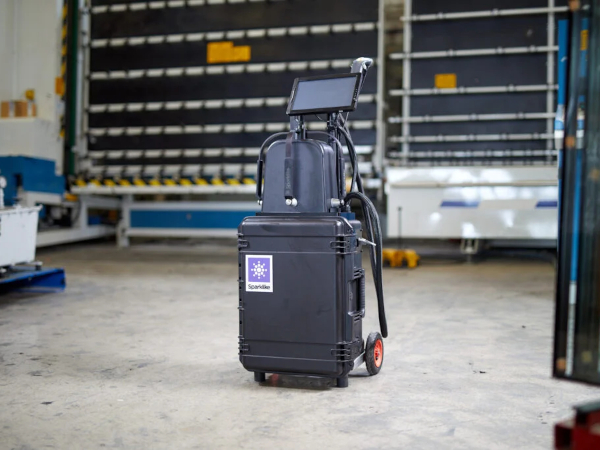

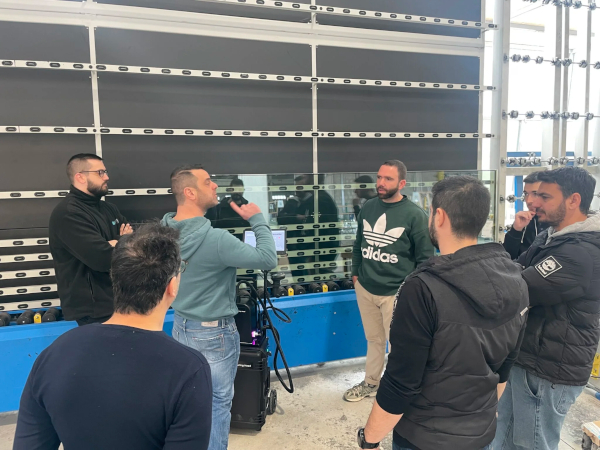



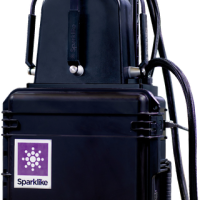

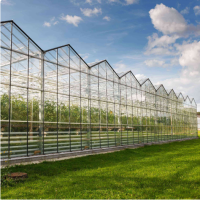
Add new comment